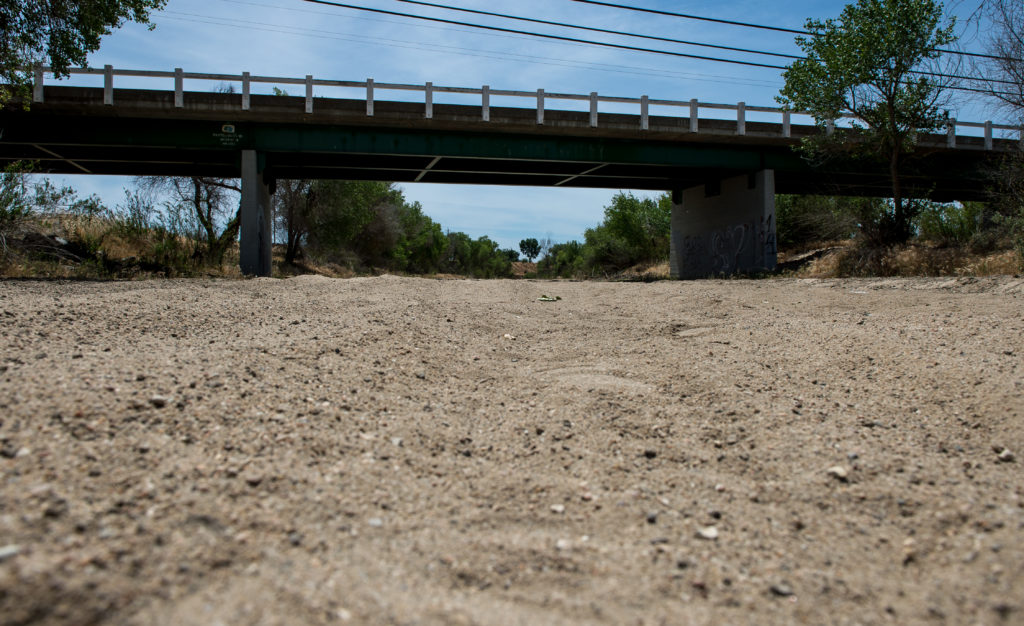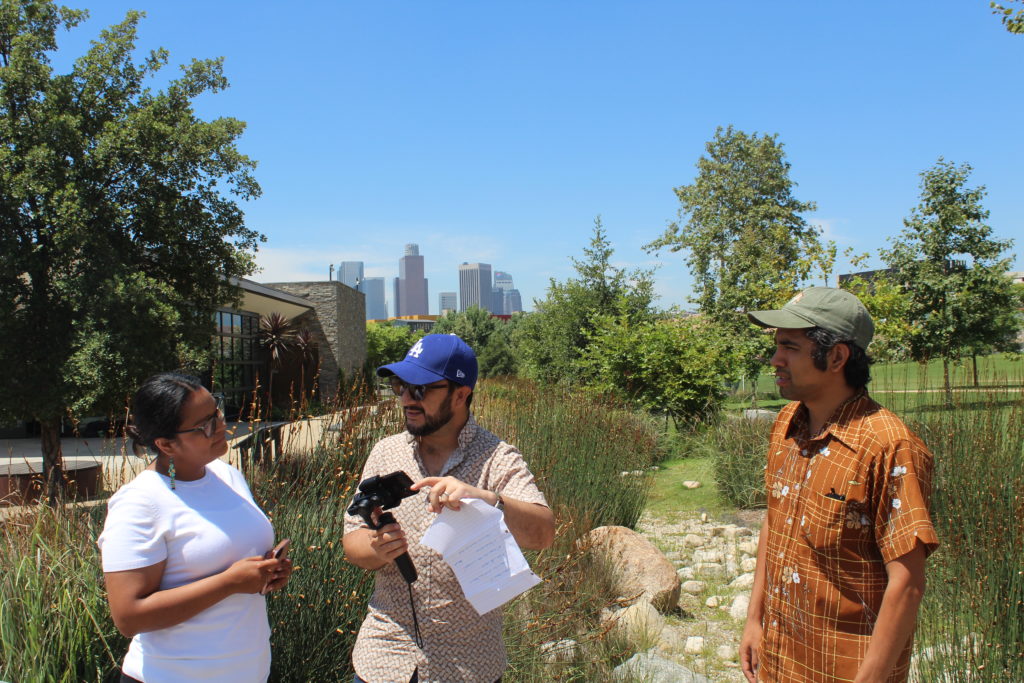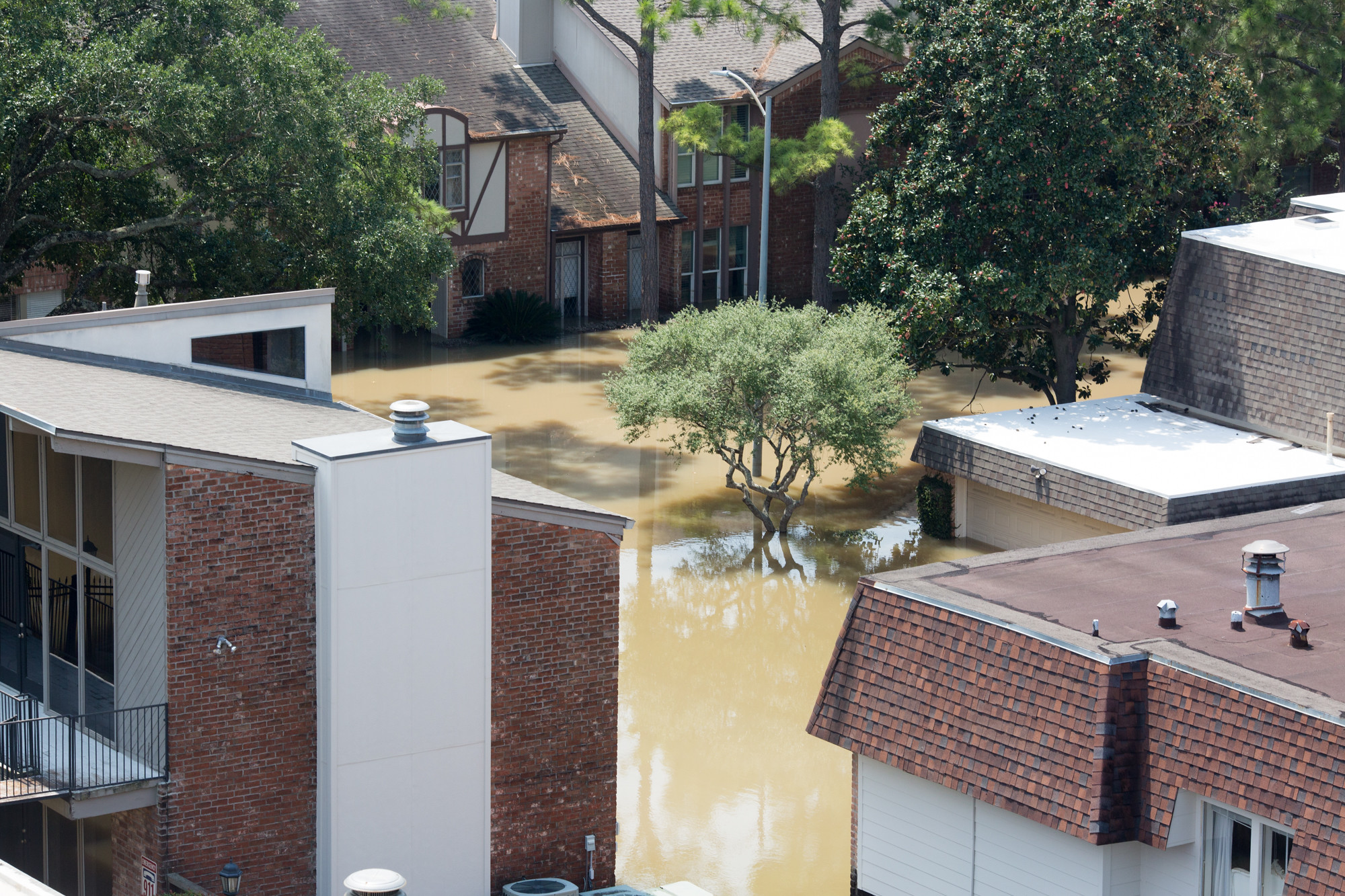As the climate changes, extreme weather is spreading. Climate scientist Katharine Hayhoe calls it global weirding. In 2020, wildfires and heat waves broke records on the West Coast. Deadly winter storms overwhelmed Texas and states throughout the Midwest and South this year, leaving many to brave freezing temperatures without water or power. Prolonged droughts, expensive flooding, and intense hurricanes are making headlines more and more often. And these disasters are anything but simply ‘natural.’
“You can’t say that with Hurricane Maria in Puerto Rico and Hurricane Katrina in New Orleans the loss of life was simply because there was an extreme weather event. The loss of life comes out of a legacy of neglect and racism,” says Elizabeth Yeampierre, co-chair of the Climate Justice Alliance.
We are undeniably already living with climate change. For millions of people, and disproportionately for Black, Indigenous, and Latinx communities and neighborhoods struggling to make ends meet, it’s being felt first and worst through water, from dry taps to unhealthy stormwater pollution to complete loss of freshwater ecosystems.
At the Water Foundation, we’re focused on solutions that help communities and watersheds adapt to climate change that is already here, with a focus on places and people with the fewest resources to pull through and recover.
Here’s a sampling of how our work and collaborations are advancing adaptation solutions:
Protecting Groundwater Amid Worsening Droughts
Most Californians rely on groundwater in some way, through the kitchen faucet, when buying food, or at a green local park to relax and recreate. Those underground aquifers are even more important during droughts. In California’s Southern San Joaquin Valley, groundwater pumping more than tripled in the 2012-2016 drought to make up for lost rain. But that over-pumping comes at a cost, causing land to sink as much as two feet a year, damaging bridges, roads, and houses, and drying up drinking water wells and rivers. The people and places most hurt are the ones without the money to drill down to find diminishing groundwater.
With our partners, we’re striving to hold state and local agencies and industries accountable to a future with reliable, clean groundwater for all communities and for nature. We’re supporting climate, ecological, and water justice groups to develop tools that show how sustainable groundwater management is possible and to advocate for equitable public engagement and community decision-making.

A view of the dry San Juan Creek in Shandon, California, in 2015, Kelly M. Grow / California Department of Water Resources.
Tackling Intensifying Floods, In Harmony with Nature
We can better protect our planet and each other through nature-based solutions, which use natural watershed functions to replenish aquifers, filter pollutants, and ease floods.
In California’s Central Valley, our partners are restoring floodplains, giving rivers more room to safely handle floods. In Los Angeles County, bigger storms were creating flooding particularly in poorer communities without storm drains and leading to frequent beach closures due to poor water quality.
Enter OurWaterLA (a coalition of environmental, social justice, and community-based organizations), which successfully passed a countywide stormwater investment program to create local jobs, add green space to concrete-heavy neighborhoods, and use nature-based solutions, like green streets, rain gardens, and permeable pavement, to reduce urban heat and flooding.

Staff from OurWaterLA and Latino Outdoors discuss green stormwater infrastructure at the Los Angeles State Historic Park in 2019, OurWaterLA.
Elevating Community Planning and Open Data
Climate adaptation also requires an honest reckoning with the realities we face. Water infrastructure, constructed over the last century to capture rain and snow in a fairly predictable hydrologic cycle, is not well prepared to deal with climate change-driven variability. Decision-making too often relies on insular conversations and limited information.
With our partners, we’re advocating for legislation that requires water agencies and industries prepare for droughts in partnership with communities, SB 552. We’re also supporting groups like the California Water Data Consortium, which helps public, private, and nonprofit partners make public water data easy to access, analyze, and use to prepare for floods and droughts, conserve water and energy, and protect wildlife and public health.
Throughout our work, we see water investments as integral to local, state, and national climate adaptation strategies. We’ll continue to share updates on how we’re partnering with nonprofits and community-based groups to advance adaptation solutions and build community and ecosystem resilience.
